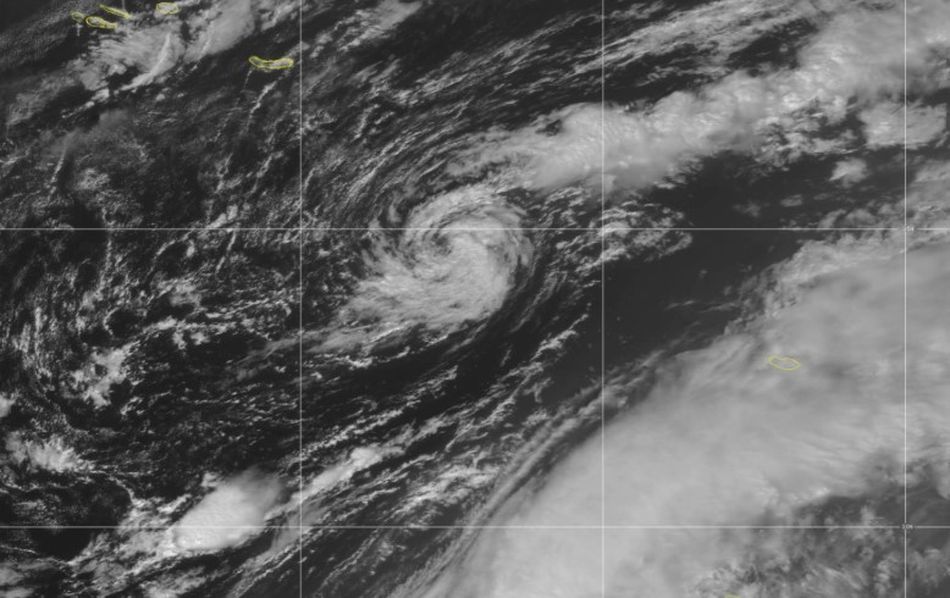The former hurricane, Paulette, essentially died last week, on Sept. 16.
But Paulette has risen again, in the form of a tropical storm (meaning an organized storm with wind speeds of at least 39 mph). The storm is spinning in the far eastern Atlantic.
“Because 2020, we now have Zombie Tropical Storms,” the National Weather Service tweeted Tuesday morning. “Welcome back to the land of the living, Tropical Storm #Paulette.”
Paulette diminished into a “post-tropical storm” last Wednesday, meaning a tropical cyclone that loses the wind speeds and symmetrical shape needed to be classified as a tropical storm (hurricanes are powerful tropical storms). But amid a profoundly busy Atlantic hurricane season that has seen a record-breaking number of storms for this point of the year (the season exhausted all the 2020 storm names and is now using Greek letters) the return of Paulette is another exceptional event.
A hurricane turned post-tropical storm hasn’t reformed into a tropical storm since 2004, when the storm Ivan also returned from the dead.

Tropical Storm Paulette on Sept. 22, 2020.
Image: noaa
Unusually warm ocean waters and a lack of hurricane-shredding winds have created favorable conditions for storm formation in the Atlantic Ocean this year. Warmer oceans fuel tropical storms as more water naturally evaporates into the air, giving storms energy and moisture to intensify.
Paulette, however, won’t be a long-lived storm. A National Weather Service forecaster noted Tuesday that the storm will pass over cooler ocean waters and meet winds that will weaken the cyclone in the coming days.
While 2020 has seen an extraordinary number of tropical storms form in the Atlantic, atmospheric scientists don’t expect more storms to form overall as the climate relentlessly warms and the oceans absorb colossal amounts of heat. Rather, many researchers expect strong hurricanes, fueled by warmer waters, to grow more intense, meaning higher wind speeds and more damaging and dangerous cyclones.
